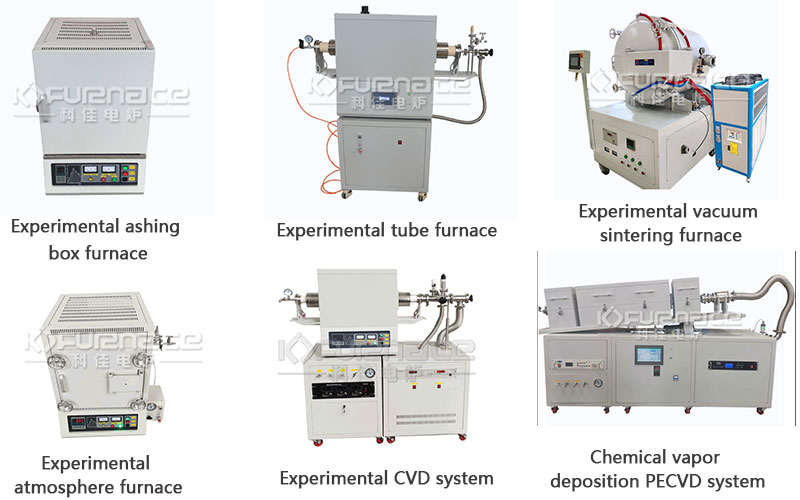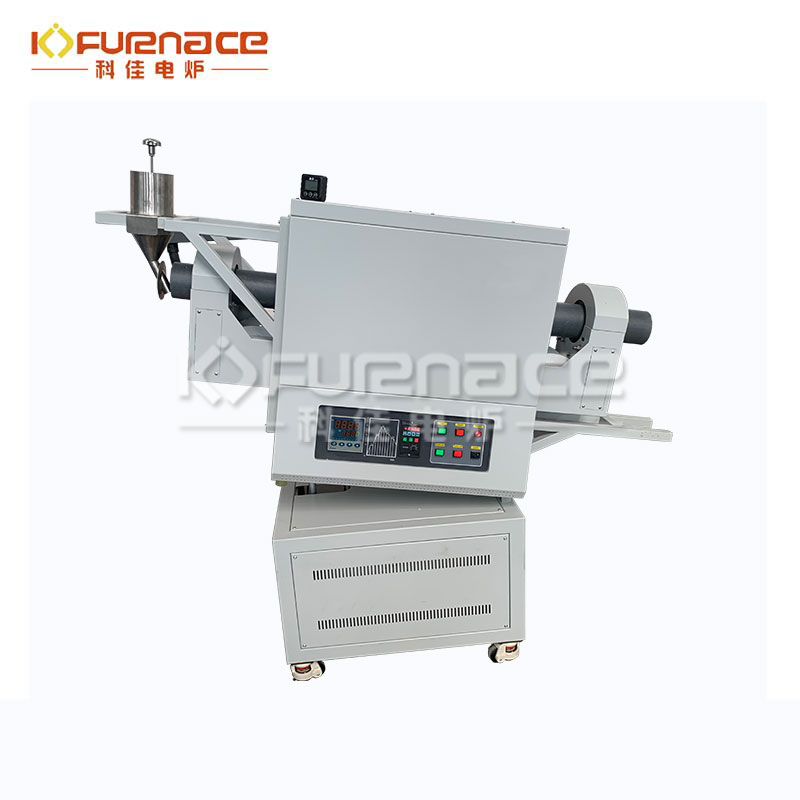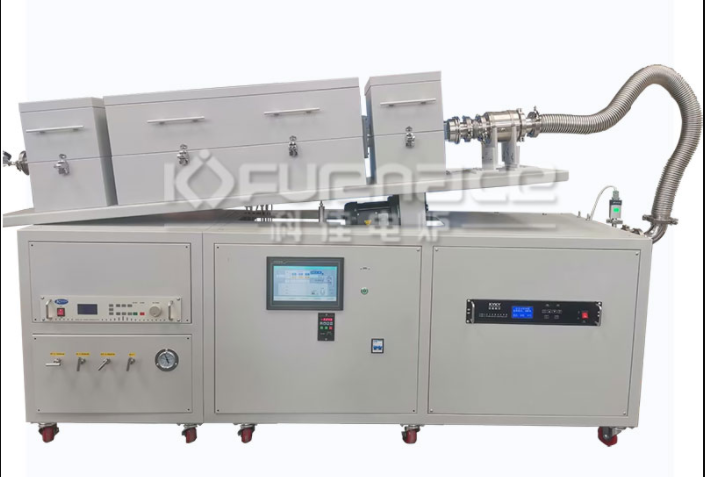A laboratory electric furnace is a heating equipment used in the laboratory, mainly for experimental operations such as heating, melting, sintering, and ashing of materials. There are various types of laboratory electric furnaces, such as box type resistance furnaces, tube type resistance furnaces, low-temperature resistance furnaces, medium temperature resistance furnaces, high-temperature resistance furnaces, etc. A laboratory electric furnace is a common heating equipment in the laboratory, used for various experiments and tests, including chemical reactions, material thermal decomposition, sample drying, etc.

Various types of laboratory electric furnaces
The following is detailed information about laboratory electric furnaces:
1、 Structure and working principle of laboratory electric furnace:
① Furnace structure: Laboratory electric furnaces are usually made of stainless steel or high-temperature resistant materials, with heating elements inside the furnace chamber and control panels located outside the furnace body.
② Heating element: The heating element can be a resistance wire, an electric heating tube, etc., which generates heat through the flow of current, causing the furnace chamber to heat up.
③ Temperature control: Advanced temperature control systems include temperature sensors, PID controllers, etc., ensuring precise temperature control for experiments.

Experimental tube furnace with replaceable tubes, suitable for various experimental scenarios (click on the image to view product details)
2、 Application areas of laboratory electric furnaces:
① Chemical experiment: used for heating chemical reactions, such as solution concentration, solvent evaporation, etc.
② Sample drying: used to dry experimental samples to remove moisture for subsequent analysis.
③ Material thermal decomposition: used to study the thermal decomposition properties of substances at high temperatures.
④ Crystal growth: In materials science experiments, it is used to control temperature to promote crystal growth.
⑤ Solid phase reaction: used to study the solid phase reaction process of substances under high temperature conditions.
3、 The characteristics and advantages of laboratory electric furnaces:
① Fast heating: The laboratory electric furnace uses electricity as the heat source and can control the temperature by adjusting the voltage or current, which has the characteristic of rapid heating.
② Accurate temperature control: Laboratory electric furnaces are usually equipped with intelligent temperature control systems, which can achieve precise temperature control and automatic adjustment, ensuring the accuracy and stability of experimental results.
③ Easy to operate: Laboratory electric furnaces generally adopt an integrated design, with a compact structure and simple and convenient operation. At the same time, the electric furnace is equipped with various accessories, such as crucibles, fixtures, etc., to facilitate users to carry out various experimental operations.
④ Safe and reliable: Laboratory electric furnaces usually have multiple safety protection functions, such as over temperature protection, over current protection, etc., which can effectively avoid safety accidents caused by improper operation or equipment failure.

Experimental chemical vapor deposition PECVD system (click to view product details)
4、 Considerations for purchasing laboratory electric furnaces:
① Heating element selection: Select suitable heating elements according to experimental requirements, such as resistance wires, electric heating tubes, etc.
② Temperature range: Select the appropriate temperature range according to the experimental requirements to ensure that the electric furnace can meet the temperature requirements of the experiment.
③ Control System: Understand the temperature control system of the electric furnace to ensure that it meets the precise temperature control requirements of the experiment.
④ Safety and certification: Ensure that the laboratory electric furnace complies with relevant safety standards and certification requirements to ensure safety during the experimental process.
Laboratory electric furnaces play an important role in scientific research and teaching experiments, and are widely used in fields such as materials science, metallurgy, ceramics, and chemistry. By using laboratory electric furnaces, users can complete various experimental operations such as heating, melting, and sintering, providing strong support for scientific research and production. Its flexibility and ease of use make it a common heating equipment in the laboratory. The selection of a suitable laboratory electric furnace should be comprehensively considered based on specific experimental requirements and equipment performance. Click to consult online customer service to learn more about experimental electric furnaces!